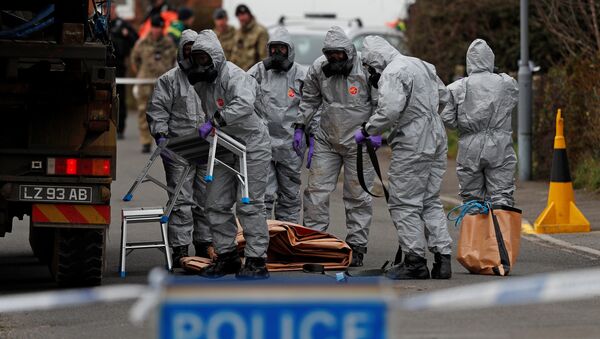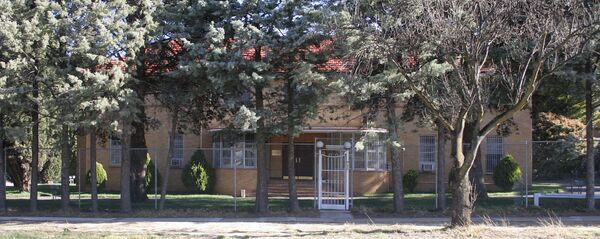"This is obviously a friendship against Russia regarding the case, which has more and more vague details. There is in fact no case at all. There is a verdict made without conducting any investigation. They constantly tell us about some investigation, but we do not know what is behind this and we constantly ask for some adequate information on this issue. The more situation develops, the more questions arise. What happened before — the Salisbury incident preceded the expulsion of Russian diplomats, or the decision to expel Russian diplomats preceded the Salisbury incident," Nebenzia told reporters on Monday.
A total of 16 EU countries, as well as the United States, Canada, Albania, Norway, Ukraine and Macedonia announced on Monday their decisions to expel about 100 Russian diplomats in connection with Moscow's alleged involvement in the nerve agent attack on Skripal and his daughter in the UK city of Salisbury.
Following the Salisbury poisoning incident, UK Prime Minister Theresa May accused Russia of orchestrating an attack on Skripal, and expelled 23 Russian diplomats as a punitive measure.
Russia has strongly rejected the accusations and offered to help in the investigation. However, Moscow's request for samples of the chemical substance used to poison Skripal was denied. Moscow expelled UK diplomats in response and ordered the British Council to cease its activities in Russia.
The West's move to expel its diplomats was met by the Russian Foreign Ministry with regret. Moscow has said it is preparing response measures. The Russian Foreign Ministry’s department of nonproliferation last week said the poisoning of Skripal might have been orchestrated by the United States, London's close ally and an owner of a large chemical weapons arsenal.



